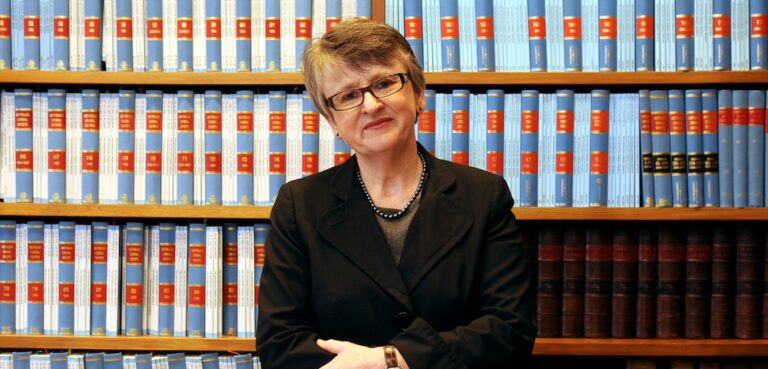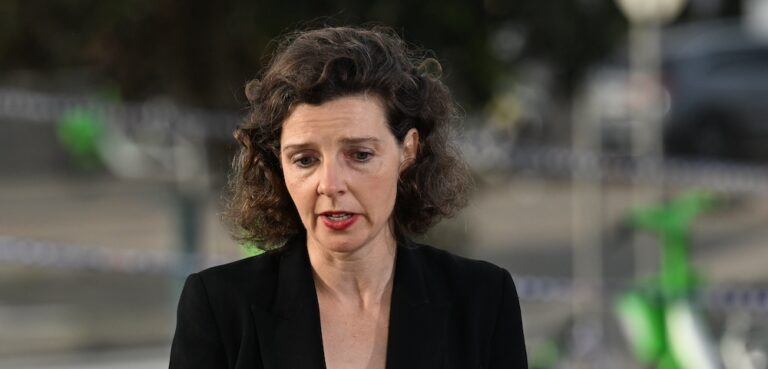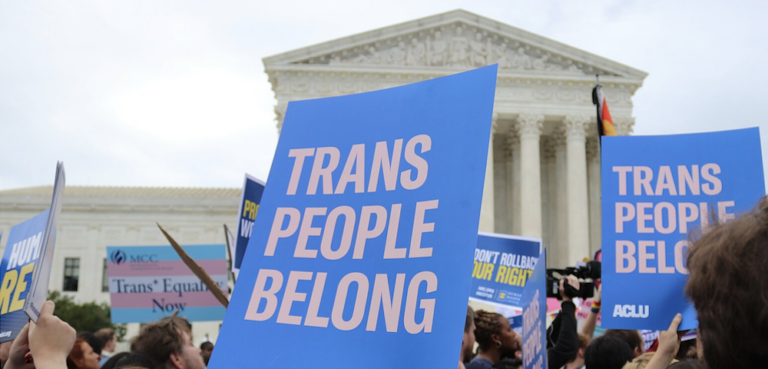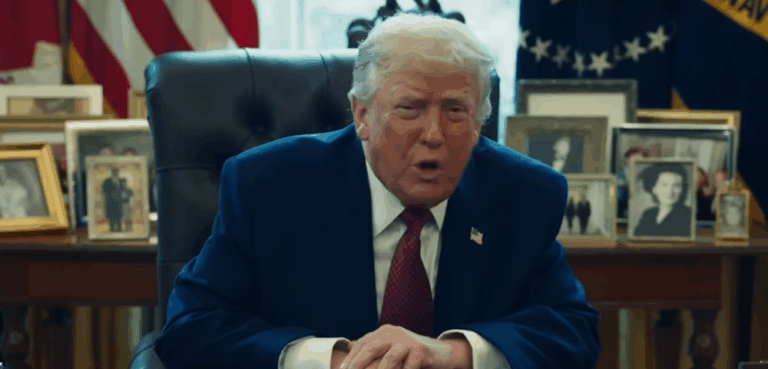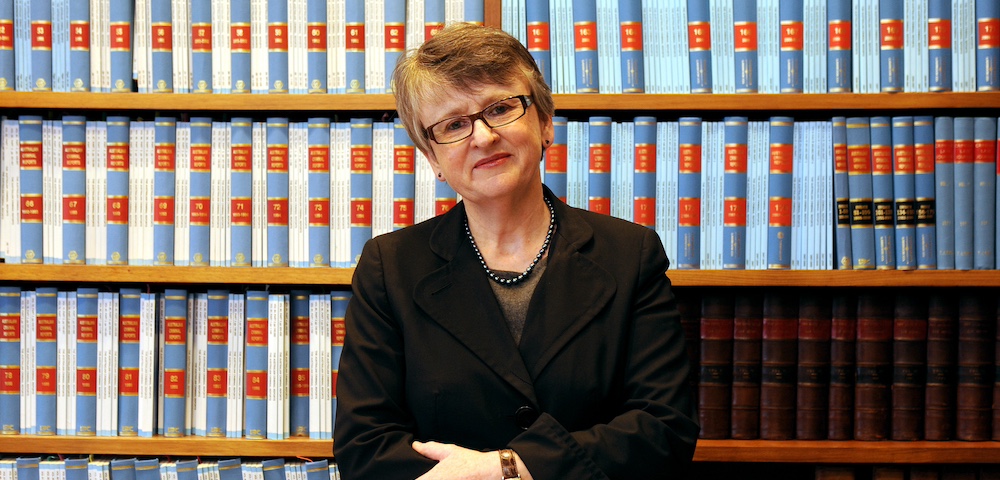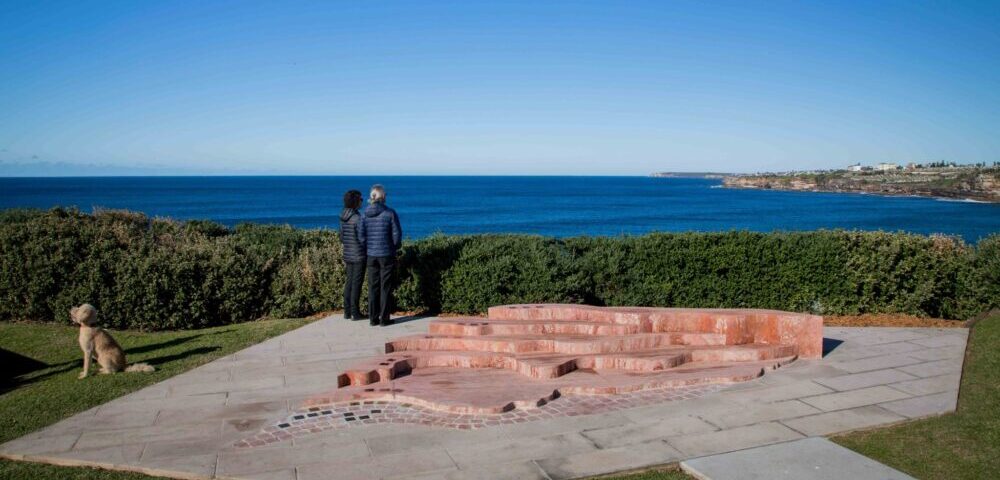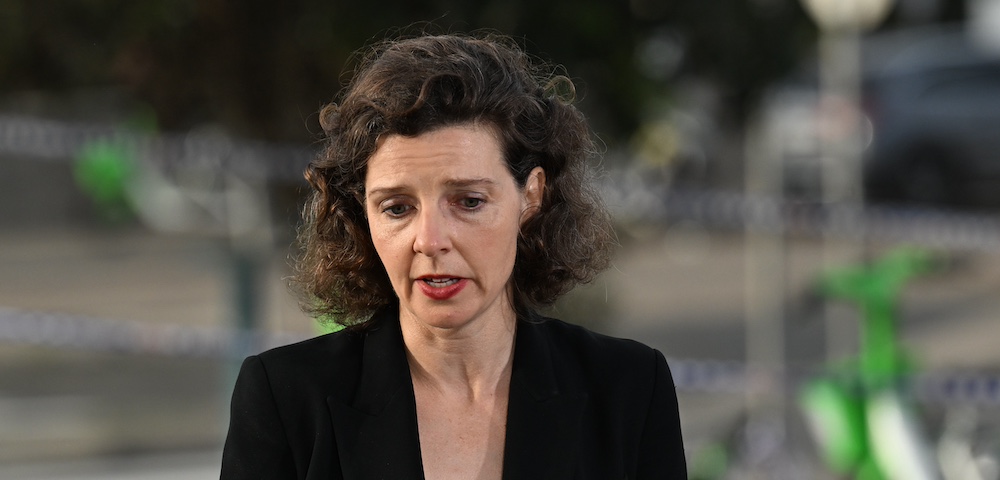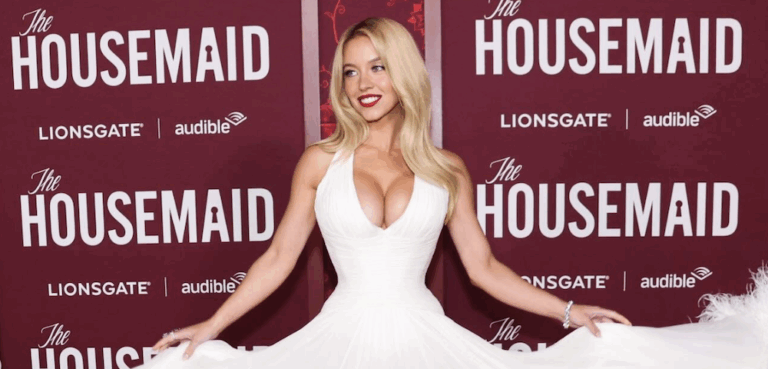
History as Memory: Dennis Altman
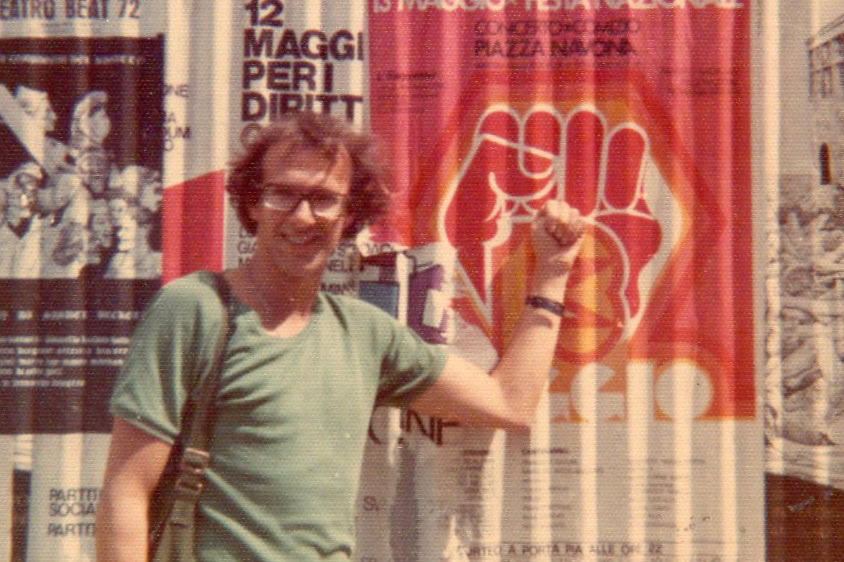
Veteran gay rights activist and academic Dennis Altman’s memoir Unrequited Love recently hit the bookshops. He gave the Star Observer’s Andrew M Potts his take on the current state of politics in the US and Australia.
-Your new memoir Unrequited Love: Diary of an Accidental Activist has an overall theme of your relationship and Australia’s relationship with the United States. Could you tell me about that?
I went to the United States as a very young innocent graduate student and I fell in love with the US and I’ve been going backwards and forwards between here and there for four decades. Over that time I’ve become increasingly disillusioned and that explains the title of the book. My sense is, it also parallels the Australian infatuation with the US which I also think is doomed to disappointment.
-In researching the book you discovered that you had developed a number of false memories about your past. Why did you think it was important to include that?
Originally I had thought of another title, which was History as Memory, or Memory as History, and I became very aware that we all constantly recreate our memories and as we get older our memories become the stock for historians to work from. I’m very conscious of that in our community because of the work of groups like the Australian Lesbian and Gay Archives and the Pride History Group in Sydney do. So I became fascinated with these examples where I seem to have misremembered what had taken place. It’s also made me read a lot of other people’s accounts of things a lot more carefully than I might have before.
-In the book you recount being part of the first gay rights protest in Australia in Sydney in 1971. Can you tell me about that?
The Liberal Party were dealing with a preselection and a very conservative right wing candidate looked like he might get preselected for a very safe Liberal seat. [Campaign Against Moral Persecution co-founder] Lex Watson organised a group of us to go down and demonstrate outside the Liberal Party’s headquarters. There was an enormous sense of “My God! This is possible?” There were around thirty of us, with balloons and posters. A lot of them were straight colleagues of Lex and mine, since we were both in the Government Department at Sydney University. If we were going to have foundation myths of gay politics in Australia that would actually be quite a good one. Certainly Lex’s role. I’m very aware of the way Lex has been written out of the way Sydney’s gay history is being recorded. Lex’s significance is much greater than many people acknowledge.
-You also recall reading your ASIO file and being a bit disappointed with what they’d collected on you.
They’ve redacted a lot of it so maybe there’s more interesting stuff that I can’t read but there was just mimeographed copies of things that I’d published. Why you need ASIO to do that I’m not sure. If you were following someone who was involved in gay politics in the 1970s, I would have thought ASIO might be looking for closeted people who were vulnerable to blackmail. There was no sign of that whatsoever in my file. What really struck me was what an amateurish operation ASIO was back then.
-In the book you reveal some of your pop culture interests – that you’re a fan of the show Riverdale and that you enjoy science fiction. What else has got your interest at the moment?
I have a liking for a certain sort of Netflix trash. For a long time I was following The Good Wife but suddenly it vanished from Netflix about a month ago which has upset me enormously because I’ll never know how it ends! I read a lot of detective fiction and I think that comes through in the book. I’ve come across a really good French detective story recently. I’m not reading it in French, I hasten to add, but in English its called The Awkward Squad and it’s great fun.
-How did you feel about Scott Morrison’s re-election?
I wish I could say I saw it coming. I think the Liberals ran a much cleverer campaign than we realised at the time. Scott Morrison showed up in all the electorates that turned out to be possible targets for them. There was also a lot of stuff going on on social media. But it was a very narrow victory. Winning is all that counts in politics. But there wasn’t a massive swing to the conservatives. There was a slight swing to the Liberal Party. The Labor vote was actually slightly better than in 2016. What really helped the government was the funnelling of votes from One Nation and Clive Palmer, particularly in Queensland.
-How do you feel about how Labor is doing in Opposition since the election? How do you think Anthony Albanese is performing as the new Labor leader?
I’m deeply disillusioned with Anthony. Here we have the man who the Labor left have wanted as leader for years, who now makes us want Bill Shorten back. I think the Labor Opposition have an unwillingness to suggest genuine alternatives, and lack the ability to construct a narrative about what sort of Australia we should be building, which you need to do if you’re going to persuade people to vote you in.
-Do you think the LGBTQI community has done enough around the asylum seeker issue in Australia?
The short answer is no. But I do want to recognise that there are groups who’ve been trying to raise the issue and take it forward. I’m very proud of the fact that the Pride Foundation, of which I’m lucky to be patron, are organising a major event around refugees in Sydney in October. There was an important moment at Mardi Gras last year where there was a meeting in Sydney which I was part of, but more importantly so was Gillian Triggs, talking about some of the particular concerns for queer asylum seekers. I would like to see Australia to take the lead in the way that countries like Canada have in making clear that we will welcome people who are facing persecution. I get very concerned when Peter Dutton raises concerns about single men coming as asylum seekers, as homosexual men, who are often the target of the worst sort of persecution, will probably be single male arrivals.
-Now that the political right across the Anglosphere seem to have accepted gay people into their ranks with the rise of figures like Milo Yiannopolis, it seems that transgender people are the new political football. What’s your take on that?
That’s the big shift that has happened over the last three or four years. I think that the transgender issue is far more confronting for straight people than homosexuality because it calls into question some of the basic assumptions that people make about themselves and others. The first thing that people ask when a kid is born is “is it a boy or a girl?” and the whole transgender push would suggest that question doesn’t always make sense in the way people want it to. I think the terrain of sexual politics is changing very quickly. I have huge admiration for what trans people go through and I think the day-to-day struggle if you’re trans is much greater compared to gay men because sexuality is a lot easier to disguise than gender expression. There are times where I think those of us who are not trans just have to sit back and try to hear and understand the voices of people who are now coming out in all sorts of ways as trans.
-With the US Democrats now earnestly into the process of choosing someone to go up against Donald Trump who do you think have the best chance of beating him?
As somebody who is past retirement age I find it bizarre that the two front runners are older than I am. Namely Bernie Sanders and Joe Biden. I think it’s quite absurd that men in their late 70s think they should run for President of the United States. Of the available candidates, my gut is telling me that I support Kamala Harris. I support her because I think it would be fabulous if a woman of colour were to be elected, but mainly because I think Kamala Harris has a sufficiently strong record to look like a plausible alternative to Trump and one of the things that really attracts me to her as a candidate ironically is that a lot of the left don’t like her because of her record as a prosecutor in California. I actually see that as a huge advantage because it will make it much harder for Trump to paint her as an effete coastal liberal. I’m concerned about Elizabeth Warren, who’s obviously the other very attractive candidate doing very well in the polls, that she can be depicted as another Boston liberal. The Democrats have lost two elections in the last few decades to Boston liberals. I’m not sure its a good move to pick a third
Unrequited Love is published by Monash University Publishing. Dennis will speak at the Pride Foundation’s LGBTQIA+ Refugees and Asylum Seeker Fundraiser at Gilbert + Tobin in Barangaroo on October 18 from 6pm.

